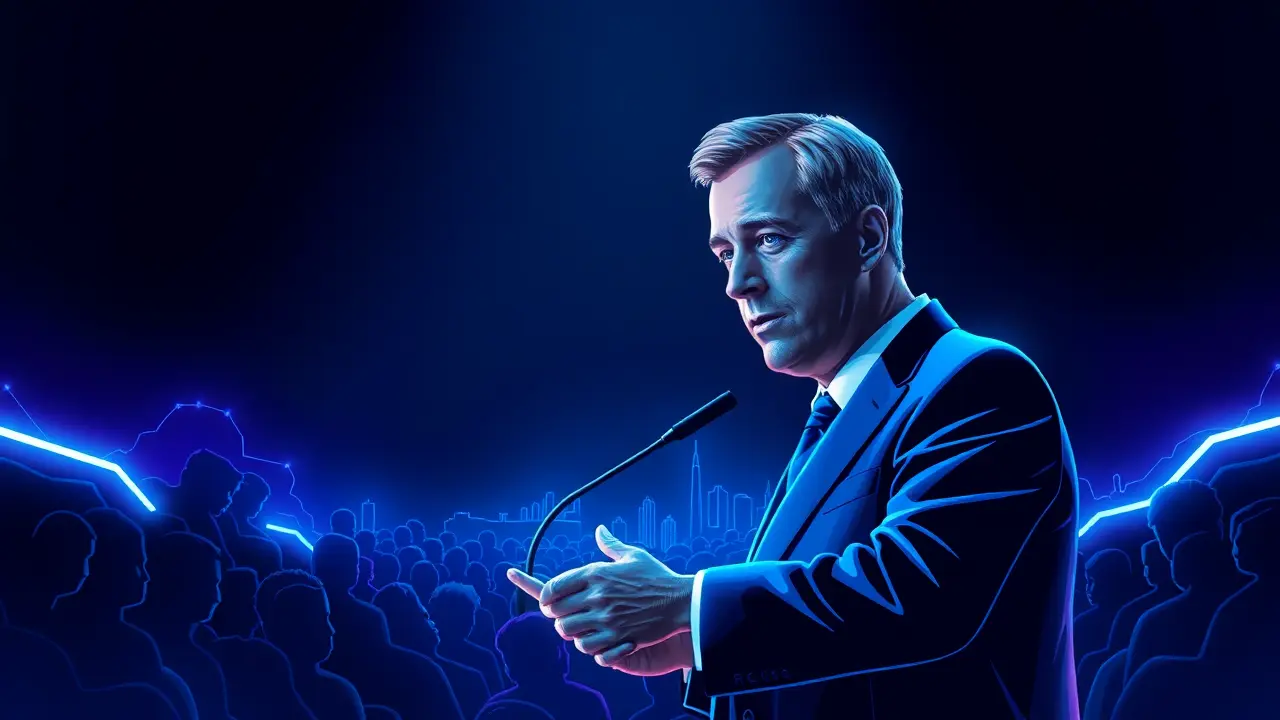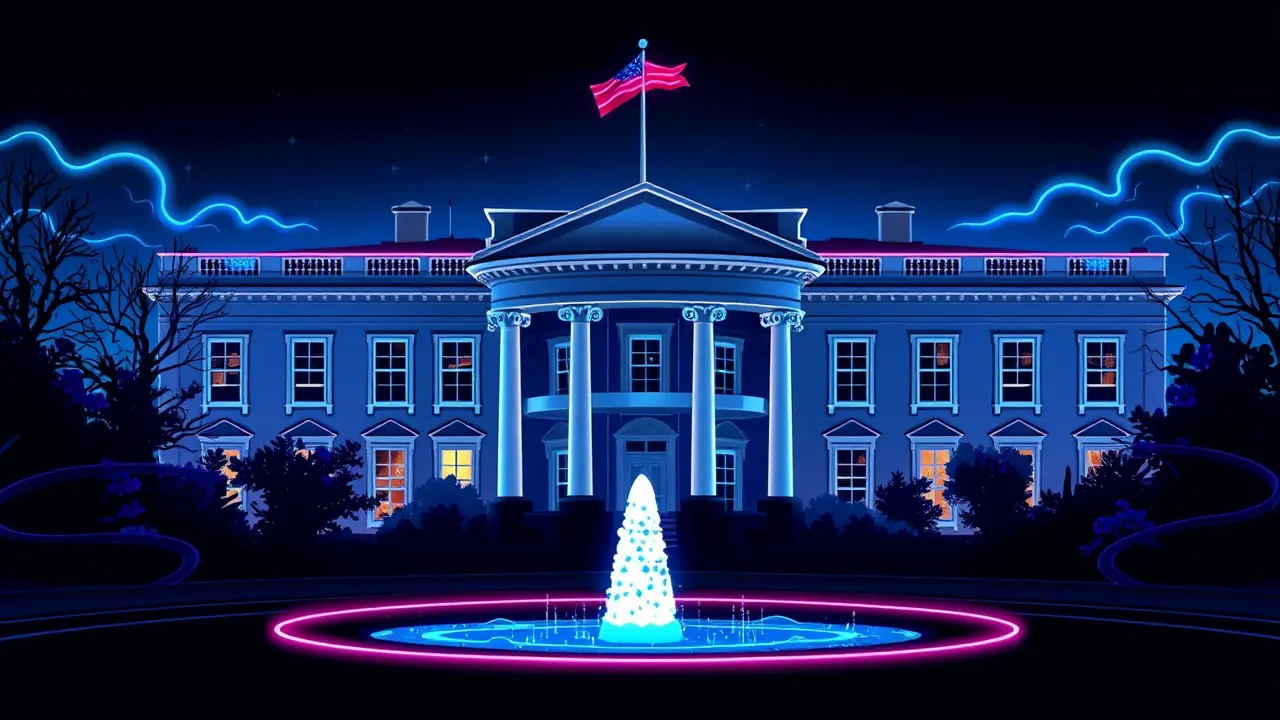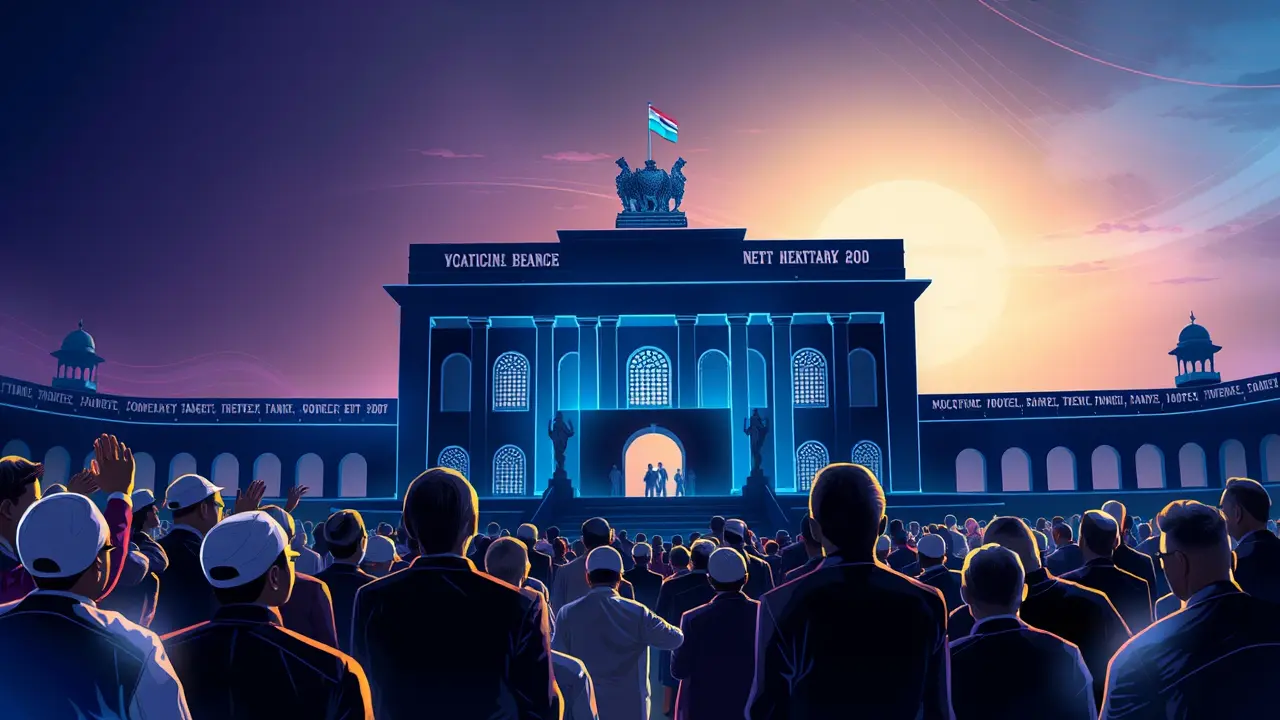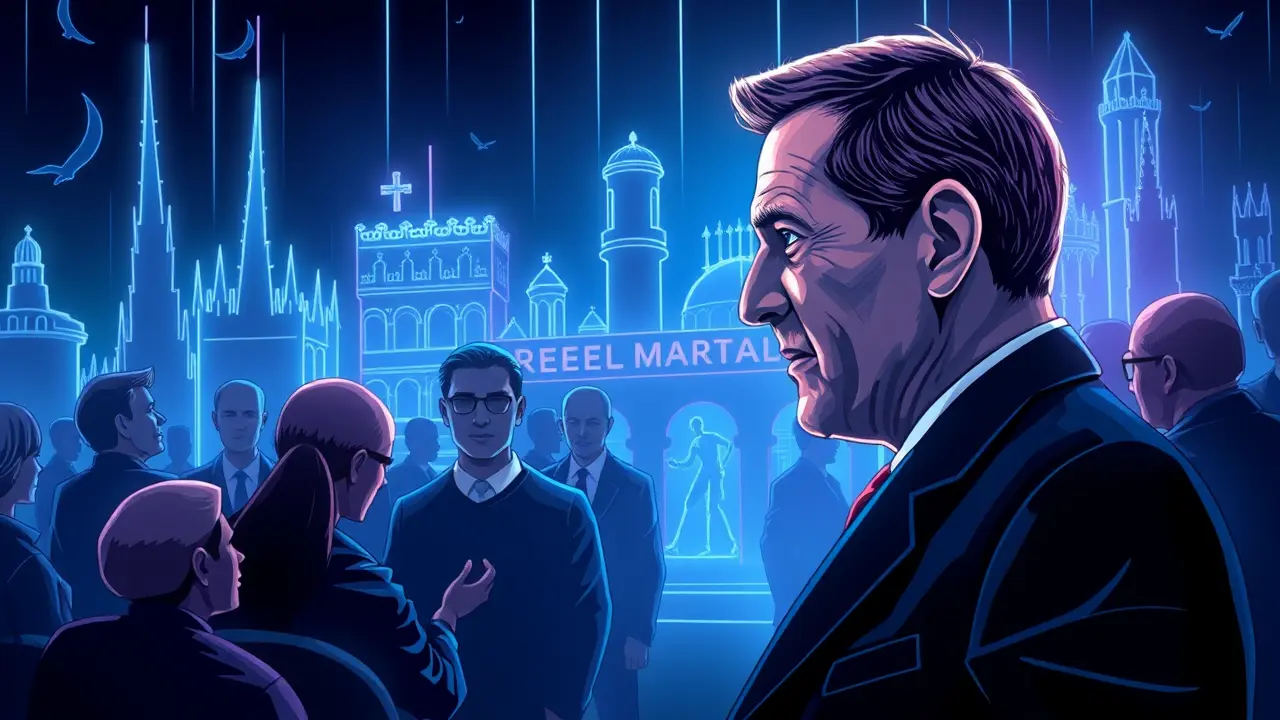
PoliticslegislationNew Bills and Laws
Bipartisan House Group Proposes Plan to End Government Shutdown
MA
Mark Johnson
8 hours ago7 min read1 comments
In a political maneuver that feels ripped from a high-stakes campaign war room, a bipartisan coalition of House centrists has launched a tactical strike against the entrenched partisan warfare that's kept the federal government shuttered for over thirty days. Representatives Don Bacon, the Nebraska Republican known for crossing the aisle, and Tom Suozzi, the New York Democrat who just retook his seat in a special election spectacle, alongside Jeff Hurd of Colorado and Josh Gottheimer of New Jersey, have unveiled a compromise framework designed not just to reopen the government but to serve as a masterclass in political strategy.This isn't mere legislating; it's a full-scale rebellion against leadership from the pragmatic center, a calculated move by lawmakers in battleground districts who are feeling the heat from constituents back home and are tired of being used as pawns in a messaging battle. The core of their proposal is a two-year extension of the Affordable Care Act's Enhanced Premium Tax Credits, but with a critical Republican-favored modification: a phased-out income cap for individuals earning between $200,000 and $400,000 annually.This is the kind of means-testing that Democrats have traditionally resisted, but here it's presented as the necessary concession to get a deal done. Furthermore, the plan incorporates a suite of operational reforms straight out of a good-government playbook—requiring ACA marketplaces to implement death confirmation protocols, establishing new anti-fraud standards, and boosting transparency on tax credit values.These are the kind of dry, procedural details that win over skeptical conservatives concerned about government waste, and they reveal the proposal's architects have done their opposition research. The language surrounding the rollout was perfectly pitched for a political ad, with the group's joint statement declaring, 'Congress is gridlocked, and too many Americans have lost faith that we can work together.But here's the truth: Democrats and Republicans can sit down, listen to one another, and find common ground, especially when it comes to lowering health care costs. ' They branded their effort a 'fair, reasonable path forward,' adding the defiant, memorable soundbite: 'Compromise isn't rocket science, and it shouldn't be treated like a weakness.' This is a direct challenge to the hardliners in both parties, framing obstinance as a character flaw and pragmatism as strength. The backdrop to this drama is a growing mutiny within both caucuses.On the Democratic side, figures like Jared Golden of Maine have begun openly questioning their party's strategic refusal to budge, arguing that allowing a Republican stopgap bill to pass could be the necessary jolt to kickstart serious negotiations. For these vulnerable Democrats, every day the shutdown continues is another attack ad waiting to be filmed by their future GOP opponents.Across the aisle, a similar restlessness is brewing. Rank-and-file Republicans are chafing under a prolonged legislative absence and growing frustrated with their own leadership's refusal to even enter negotiations over the tax credits, a stance that is increasingly seen as politically untenable.The early signals from leadership offices are telling. A House Democratic aide didn't shoot the proposal down but offered the strategically neutral, 'a set of ideas is never a bad idea for consideration'—a clear indication the plan is being taken seriously in backroom discussions.Meanwhile, a House Republican source confirmed that leadership has been internally debating the very types of restrictions, like income verification and caps, that form the backbone of this centrist proposal. This suggests the Bacon-Suozzi plan is less a bolt from the blue and more a public manifestation of private, cross-party conversations that have been percolating as the shutdown's pain intensifies.Historically, such bipartisan gangs have often been the key to breaking legislative logjams, from the Gang of 14 that averted the nuclear option on judicial nominations to various budget deals that pulled the nation back from fiscal cliffs. Their power lies in their ability to provide political cover, allowing party leaders to accept a deal they might otherwise reject by demonstrating that a critical mass of members from both sides is already on board.The potential consequences are immense. If this gambit succeeds, it could not only end the immediate shutdown but also re-empower the moderate wing of Congress, shifting the center of political gravity away from the absolutist fringes.It would signal that governing through compromise is still a viable, and perhaps even a politically rewarding, path. If it fails, it will reinforce the narrative of a hopelessly broken institution and likely lead to a wave of retirements among frustrated centrists, further polarizing the House. The coming days will be a brutal test of political wills, a behind-the-scenes battle where every vote will be counted, every member pressured, and the future of bipartisan governance in America will be decided not on the House floor, but in the quiet conversations and strategic calculations of its members.
#featured
#government shutdown
#bipartisan proposal
#ACA tax credits
#compromise
#House of Representatives
#healthcare costs
Stay Informed. Act Smarter.
Get weekly highlights, major headlines, and expert insights — then put your knowledge to work in our live prediction markets.
Related News
© 2025 Outpoll Service LTD. All rights reserved.








